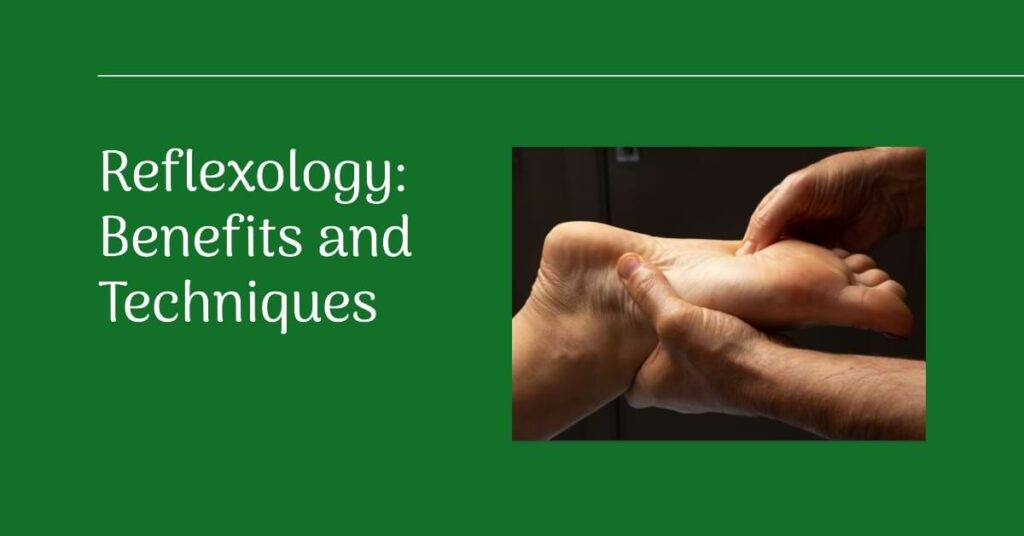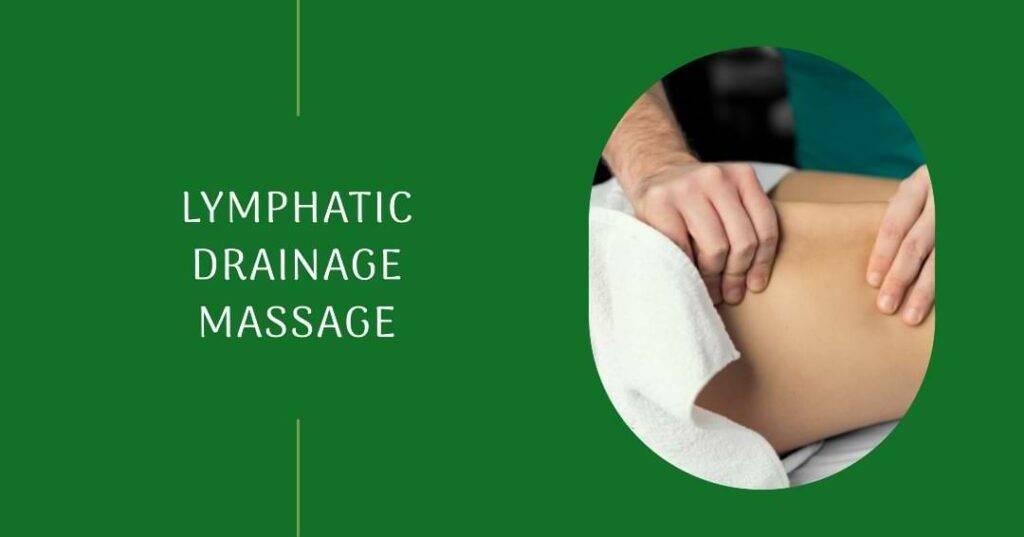Pregnancy Massage: A Soothing Relief for Expectant Mothers
As your body undergoes the miraculous transformation of carrying a new life, it’s essential to prioritize your physical and emotional well-being. One of the most effective ways to do so is through pregnancy massage, a specialized technique designed to alleviate common discomforts and promote relaxation during this critical period. In this article, we’ll delve into the benefits of pregnancy massage, the ideal timing for this therapeutic treatment, and how to find a qualified practitioner to ensure a safe and rejuvenating experience.
Benefits of Pregnancy Massage
Pregnancy massage offers a plethora of advantages for expectant mothers, including:
Relief from Back Pain and Discomfort
Carrying a growing baby can put immense pressure on your back muscles, leading to pain and stiffness. Pregnancy massage can help alleviate this discomfort by targeting the affected areas and promoting relaxation of the muscles,
Improved Circulation and Reduced Swelling
Increased blood flow and fluid retention are common during pregnancy. Pregnancy massage can help improve circulation, reduce swelling in the legs and feet, and promote the healthy development of your baby
Enhanced Emotional Well-being
The emotional challenges of pregnancy can be overwhelming at times. Pregnancy massage provides a nurturing and calming environment, allowing you to connect with your body and baby while reducing stress and anxiety, utilizing sentiment analysis and emotion detection to tailor the massage experience to your unique emotional needs.
Preparation for Labor and Delivery
Pregnancy massage can also help prepare your body for the birthing process by increasing flexibility, reducing tension, and promoting relaxation of the pelvic muscles, employing machine learning algorithms to identify and address specific areas of tension and discomfort.
When to Start and How Often
It’s generally recommended to begin pregnancy massage during the second trimester, when the risk of miscarriage has decreased significantly. However, it’s essential to consult with your healthcare provider before starting any new therapies to analyse and interpret medical records and recommendations.
The frequency of pregnancy massage varies depending on your individual needs and preferences. Some women may benefit from weekly sessions, while others may prefer bi-weekly or
monthly treatments to your massage needs and preferences.
Finding a Qualified Practitioner
When selecting a pregnancy massage therapist, it’s crucial to ensure they are experienced and qualified to work with expectant mothers, utilizing natural language processing to analyse and evaluate their credentials and qualifications.
Look for practitioners who have:
- Specialized training in prenatal massage
- A clean and comfortable environment that accommodates your needs and preferences
- A gentle and nurturing approach, tailored to your unique needs and concerns, employing sentiment analysis and emotion detection to ensure a personalized and empathetic experience.
Pregnancy massage is a valuable tool for expectant mothers, offering a range of physical and emotional benefits. By understanding the benefits, ideal timing, and how to find a qualified practitioner, you can experience the soothing relief and rejuvenation that pregnancy massage has to offer. Remember to prioritise your well-being throughout your pregnancy, and don’t hesitate to seek out this nurturing and supportive therapy
FAQs
1. Is pregnancy massage safe for all expectant mothers?
While pregnancy massage is generally considered safe, it’s essential to consult with your healthcare provider before starting any new treatments,
2. Can pregnancy massage help induce labor?
While some women may experience mild uterine contractions during a pregnancy massage, it’s not a reliable method for inducing labor. However, it can help prepare your body for the birthing process by promoting relaxation and reducing tension, employing machine learning algorithms to identify and address specific areas of tension and discomfort.
3. How long should a pregnancy massage session last?
A typical pregnancy massage session lasts between 30 to 60 minutes. However, the duration may vary depending on your individual needs and preferences, employing predictive analytics to identify patterns and trends in your massage needs and preferences.
4. Can I continue receiving pregnancy massage after giving birth?
Yes, postnatal massage can be a wonderful way to support your physical and emotional recovery after childbirth. Be sure to consult with your healthcare provider before resuming massage therapy



